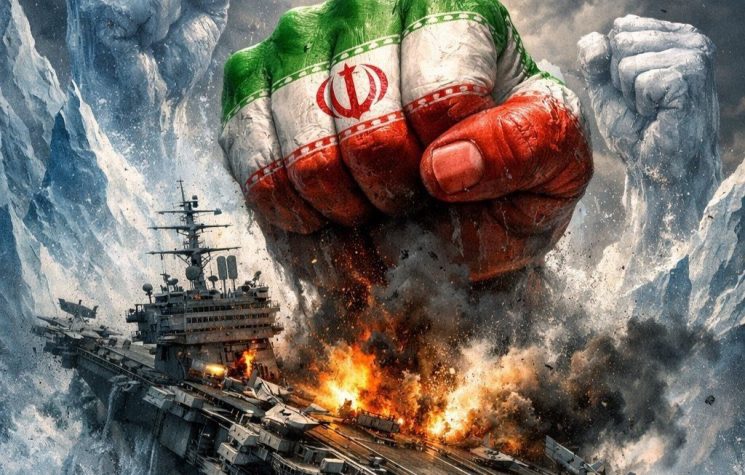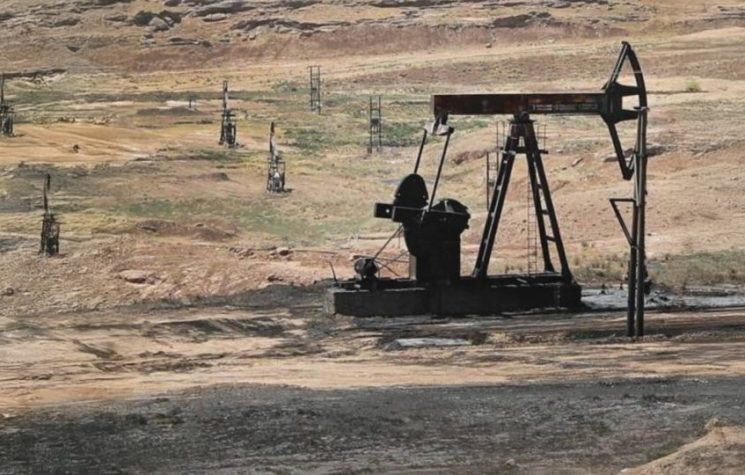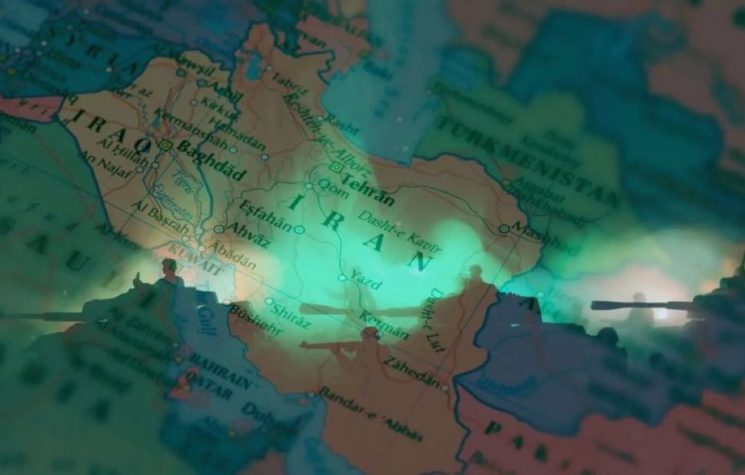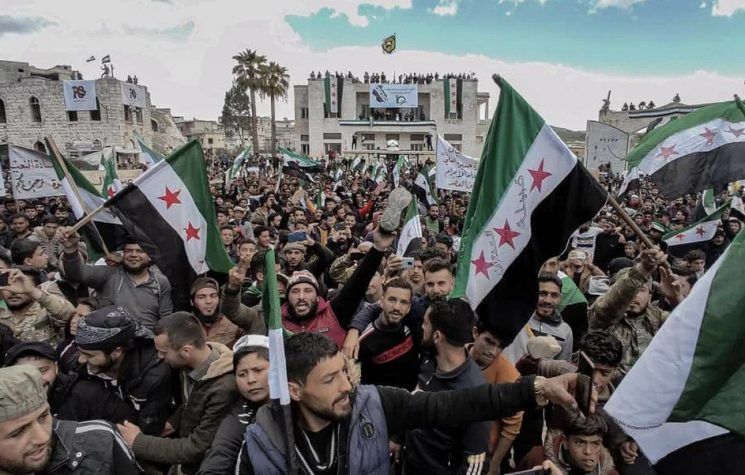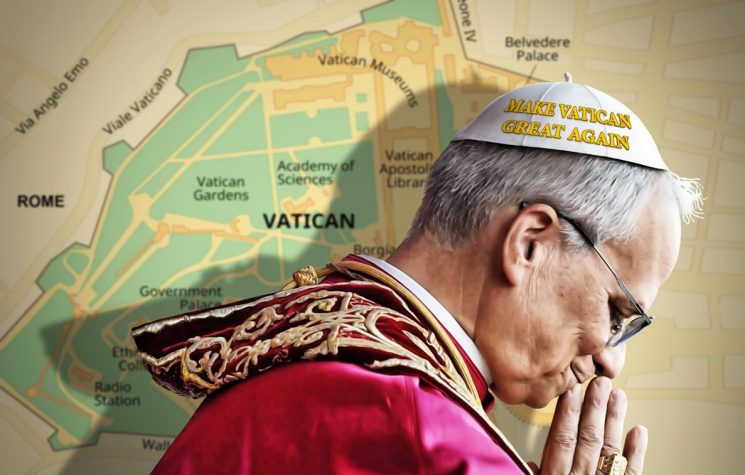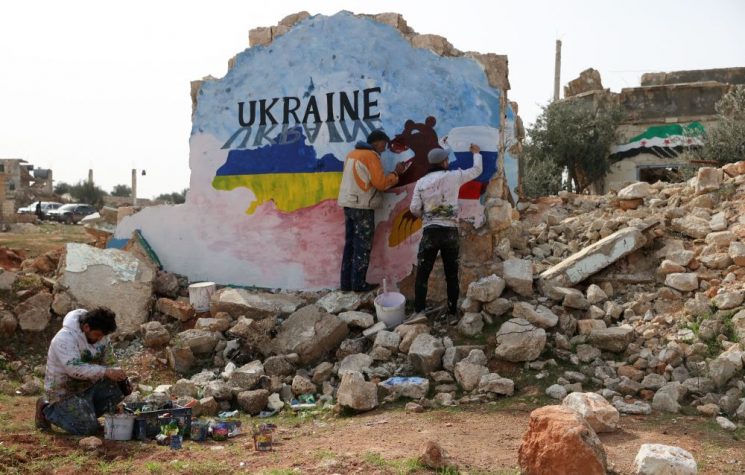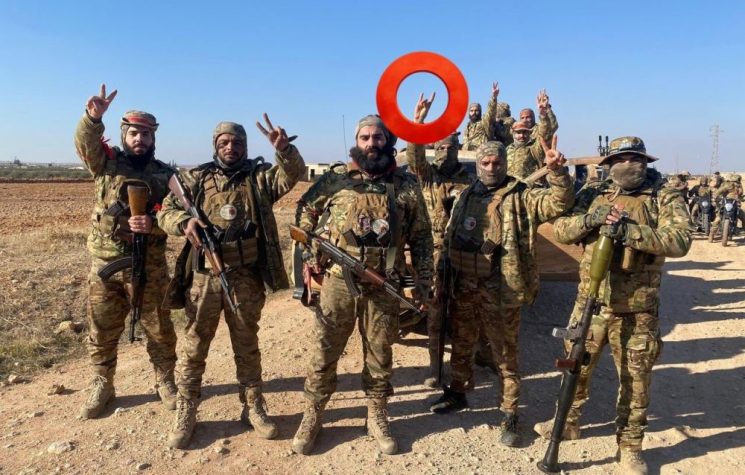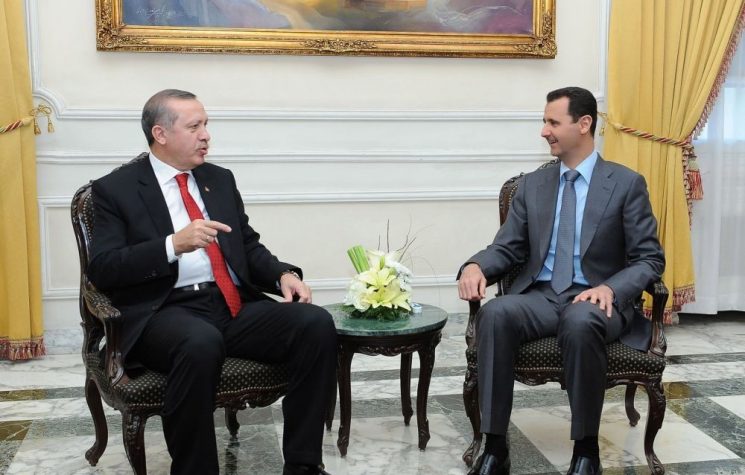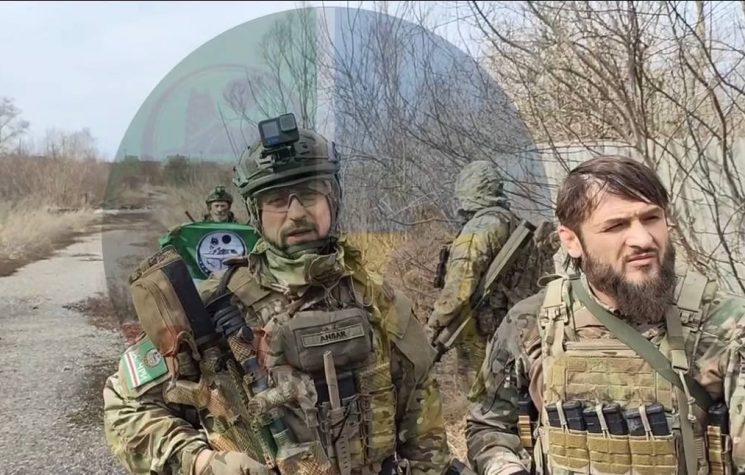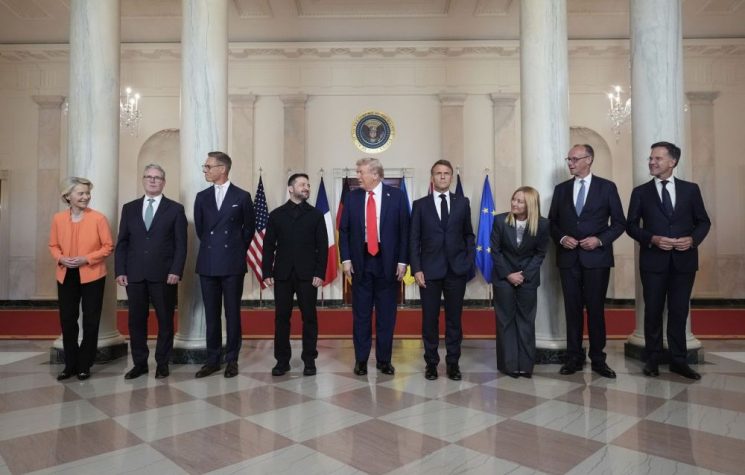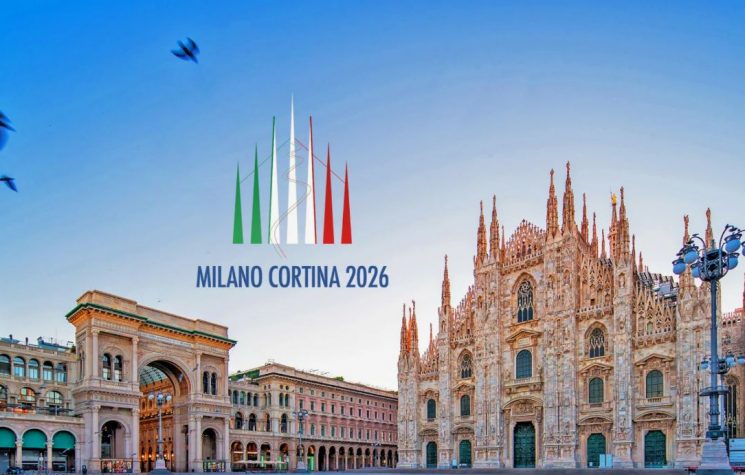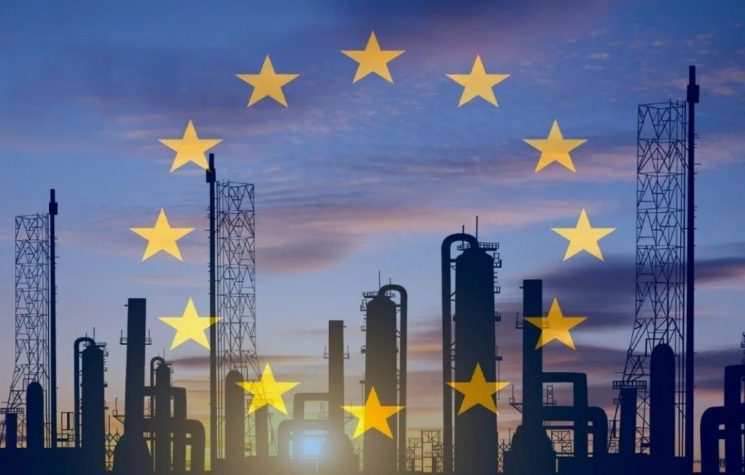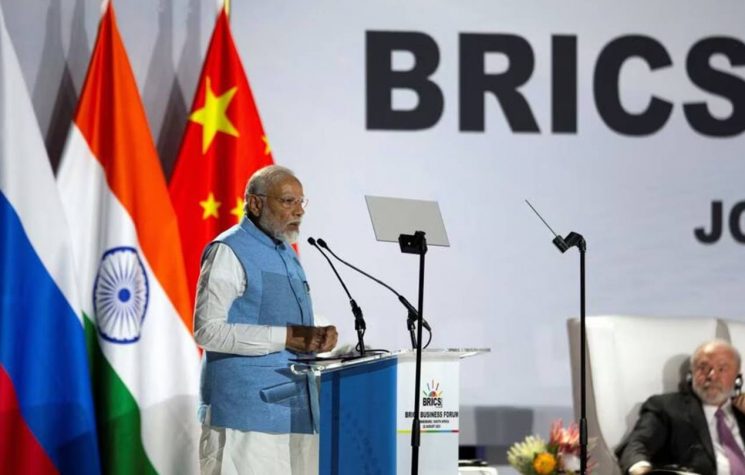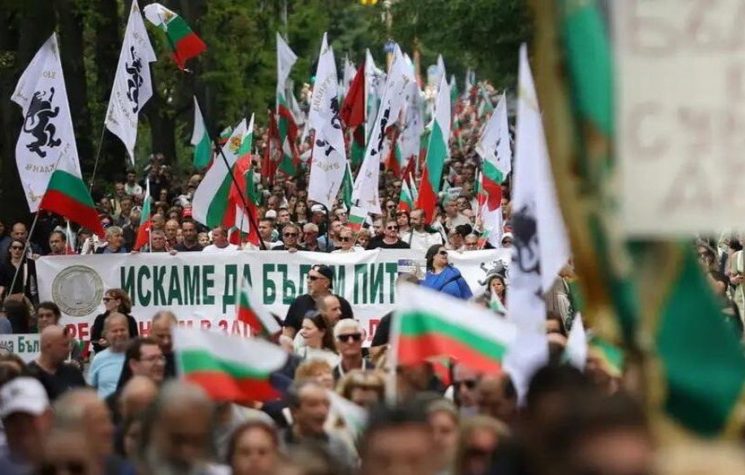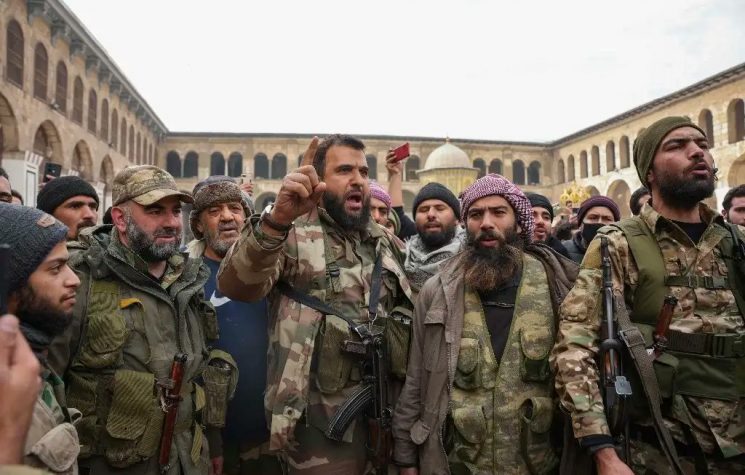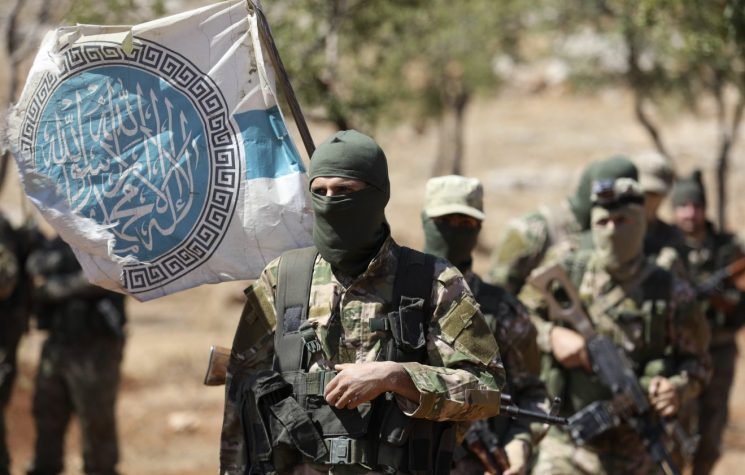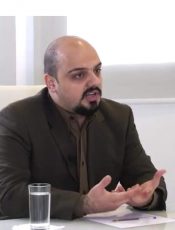The days of U.S. dictating to the Arab world, and U.S.-engineered wars for regime change in the Middle East are over, Steven Sahiounie writes.
Hundreds of Syrian men, women and children have drowned early Wednesday in the Mediterranean Sea off the coast of Greece after the sinking of an Egyptian trawler headed for Italy. It is being called one of the deadliest migrant ship disasters in the Mediterranean Sea. As many as 750 persons were packed into the boat, with women and children under the deck, which may be why the 104 survivors were all young men. 78 bodies were recovered 75 kilometers offshore Kalamata, Greece.
Nine Egyptian human traffickers have been arrested in Greece and blamed as part of a smuggling network which advertised on Facebook. The ads promised a better life in Europe and charged between $5,000 to $6,000 per person. But, Greece is also being blamed for their part as they were monitoring the ship but never took steps to stop the ship and off-load passengers. The Greeks say they were communicating with the ship, and the ship requested to be allowed to continue sailing toward Italy. After the engine stopped, the passengers panicked, and their sudden movements caused the ship to roll over and sink.
The U.S. and EU sanctions on Syria are to blame. There is no war in Syria. The battlefields are long silent across Syria, but there is no recovery or rebuilding allowed in Syria, because the U.S. and EU sanctions prevent any rebuilding or foreign investments in rebuilding projects.
Infrastructure, hospitals, homes, schools, factories and businesses are all left waiting for the sanctions to be lifted to orders parts and supplies from abroad to begin the long process of recovery from the U.S.-NATO attack on Syria for regime change, which ended in failure.
Western media lies when they repeatedly tell their western audiences that a violent civil war is raging in Syria, and people are leaving in fear for their lives, and this is the cause of the migrant crisis. This is untrue. From Aleppo, Damascus, Homs, and Latakia the roads are clear and open, the streets are free of soldiers and check points, and there are even tourists arriving to visit religious and historical sites. The western media must convince their audiences that the western foreign policies designed to create desperation in Syria are not to blame. It is the western sanctions, put in place by democracies, who keep the Syrian unemployed and without any welfare safety net, people are forced to risk their lives to feed their families back home.
The tiny province of Idlib, an olive growing area in the northwest, is under the control of Hayat Tahrir al-Sham, an Al Qaeda terrorist group supported by UN, U.S., EU and western humanitarian aid, but there are only 3 million civilians there, while the rest of the country holds 15 million. The people who left Syria on the ships were not from Idlib, because they have all their needs met there, and even have business opportunities there because Turkey and the U.S. and EU support that population. On Thursday, the EU hosted a donors conference for Syrian refugees in Turkey, Lebanon and Jordan. $2.1 Billion was pledged, but only those Syrians living in the terrorist enclave of Idlib, or those living in camps in neighboring countries will benefit. The EU will not send 1 Euro to Damascus for the 15 million Syrians who are suffering from the sanctions, and are contemplating a journey which may end in drowning.
Syrians leaving on desperate and dangerous sea journeys toward Europe are economic migrants. They are fleeing from poverty imposed upon them by the U.S. and EU. They are seeking an income, because their former jobs were taken from them by terrorists who entered from Turkey and dismantled the factories machinery and took it to Turkey where agents close to Turkish President Erdogan rebuilt the factories there, and have employed Syrian refugees there at wages far below the Turkish workers’ union limit.
The Syrian economy is collapsed and the currency devalued. What used to cost 100 Syrian Lira (SL) in 2011, now costs 10,000. $1 used to equate to 50 SL, and now fluctuates between 8,000 to 9,000 SL. Syrian merchants are prevented from ordering even the most basic of items such as factory materials and building products because of the sanctions. At one point, chemotherapy drugs were impossible to order due to foreign manufacturers in fear of U.S. sanctions. Due to U.S. and EU banking sanctions on Syria, merchants are prohibited from sending payments from Syria to firms abroad. The Port in Latakia sits idle instead of bustling with activity to rebuild lives.
The Astana Peace talks will soon convene in Kazakhstan on June 20-21. Deputy Foreign Ministers from Syria, Iran, Russia and Turkey will discuss plans for a normalization between Turkey and Syria and also for a roadmap for a political solution for the Syrian crisis. However, Damascus insists normalization is not possible while Turkey is militarily occupying area along the northern border. On May 10, the Defense Ministers of all four countries met in Moscow and were tasked with developing a roadmap, which will be discussed at the upcoming meeting.
On June 14, Russian Deputy Foreign Minister Mikhail Bogdanov said the roadmap for normalizing relations between Ankara and Damascus is now ready to be discussed at Astana.
The Geneva Peace process for Syria has met numerous times, but has never achieved success. Experts point to the fact that the Geneva meetings are dictated by Washington’s demands, which are keen to keep Syria destroyed and unrecovered by the U.S. sanctions in place. However, Geir Pedersen, UN special envoy for Syria, has expressed optimism in the Astana meeting, but the U.S. may prevent him from implementing any progress that comes from Astana. U.S. President Joe Biden was part of the 2011 U.S. attack on Syria engineered by President Obama, while Biden was Vice President.
When Syria and Turkey were hit with a 7.8 earthquake on February 6, the Kingdom of Saudi Arabia was quick to rush with humanitarian aid deliveries to Damascus for victims in Latakia and Aleppo, the two hardest hit areas in Syria. The U.S., EU and other western humanitarian groups chose to strictly send aid to the 3 million under terrorist control in Idlib, by passing the 15 million Syrian who never received even a loaf of bread from the U.S..
On March 10, Saudi Arabia and Iran signed a normalization agreement brokered by China. This was a political earthquake felt throughout the Middle East, as the two former foes put their hands together to work toward peace and prosperity for the region. In the wake of the new§found cooperation, Saudi Arabia reached out to Syria and meeting took place which saw the Syrian President back at the Arab League, and embassy functions between both countries established.
The Crown Prince Mohammed bin Salman has a Vision 2030 project which is built upon peace and stability in the region, and he has called for foreign interference and instigated proxy wars to cease. Saudi Arabia has firmly taken the lead to find a peaceful political solution for the Syrian crisis, and is willing to work with China, Russia and Iran to fulfil his goals.
The days of U.S. dictating to the Arab world, and U.S.-engineered wars for regime change in the Middle East are over. Saudi Arabia is chartering a new course and they demand smooth sailing over calm waters.












